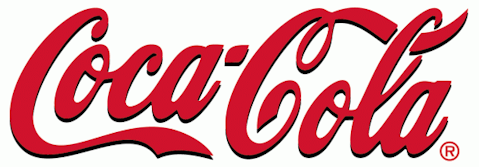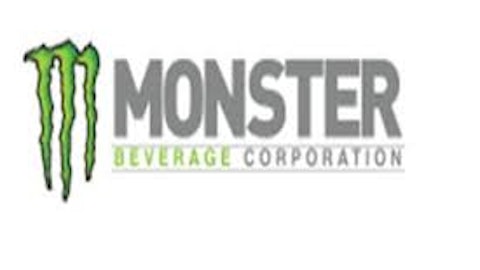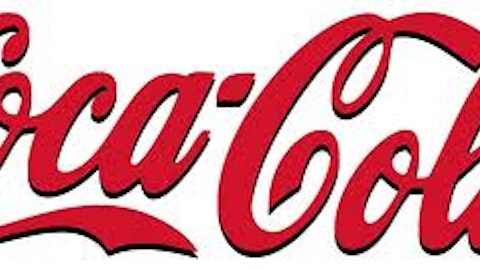The soda war is a long-fought battle between two of America’s mega-cap companies. The Coca-Cola Company (NYSE:KO) and PepsiCo, Inc. (NYSE:PEP) fight on a daily basis to claim prominence among the world’s sparkling beverage consumers. Investors might think that the two major soda stocks are impossible to differentiate. They share so many characteristics that you might as well buy both or flip a coin. But is it really that simple? Or, on the other hand, are there actually stark differences between the two that you would be well-advised to dig into?

It’s absolutely true that the companies share similar business models and almost identical valuations. Both Coke and Pepsi derive the bulk of their business from their namesake sparkling beverages. In addition, the companies each pay dividends to shareholders and yield roughly 3% at current prices. Furthermore, their stocks hold similar valuation profiles, with trailing twelve month price-to-earnings ratios of 19 times, forward P/E ratios of 16, and price-to-book ratios of 5.
The Coca-Cola Company (NYSE:KO) and PepsiCo, Inc. (NYSE:PEP) both sell sodas that taste fairly similar, even though each has its own die-hard fans. A differentiating competitor is Dr Pepper Snapple Group Inc. (NYSE:DPS). Dr. Pepper Snapple is a much smaller rival, with a market capitalization of $9.5 billion, and offers a different group of soft drink brands including Dr. Pepper and 7UP. Dr. Pepper Snapple also trades a little more cheaply than its two bigger siblings, selling at a trailing P/E of 14 with a dividend yield of 3.5% at recent prices.
Charting different paths
Underneath the similarities that lie on the surface, you may be surprised to hear that Coke and Pepsi have targeted different directions going forward. You may not have noticed this because it’s a long, slow process to turn huge corporate ships like these. But over the past few years, Pepsi has seriously branched out from its traditional soda business and effectively broadened its product portfolio.
Pepsi has a long list of brands that appeal to consumers. The company has taken measurable steps to diversify its product portfolio, with additions including Quaker Oats and Lays. Pepsi is much more than just a soda company. To that end, the company’s revenue is evenly split between food and beverages. In total, Pepsi has 22 brands that each brings in at least $1 billion in annual sales.
Coke has stood relatively still with their business operations. For all intents and purposes, Coke is a one-trick pony. While it’s true that Coca-Cola holds the Dasani and Vitamin Water brands, soda beverages are still the company’s bread and butter. Coke’s core sparkling beverage segment, which includes such brands as Coca-Cola and Sprite, represented a full three-quarters of the company’s worldwide unit case volume in 2011.
The cost (and reward) of a different direction
It’s true that Coca-Cola has exhibited higher growth rates than Pepsi over the last few years. That’s largely because of the evolving strategic direction Pepsi CEO Indra Nooyi has taken the company. Diversifying Pepsi’s portfolio of brands required investment, and therefore resulted in restrained profit growth. However, it’s likely that the company’s moves will pay off in the long run, as Pepsi is not as vulnerable to always-changing consumer preferences. For better or worse, Coca-Cola is chained to its namesake sparkling beverages. Pepsi, meanwhile, is diversified across food and beverage products.
Both Coke and Pepsi are outstanding businesses that reward shareholders with cash flows and dividends. The companies may seem to be on the same trajectory, but the future for each clearly takes a different path. As a result, I think investors would be wise to prefer Pepsi.
The article Is There a Winner of the Soda Wars? originally appeared on Fool.com and is written by Robert Ciura.
Copyright © 1995 – 2013 The Motley Fool, LLC. All rights reserved. The Motley Fool has a disclosure policy.





